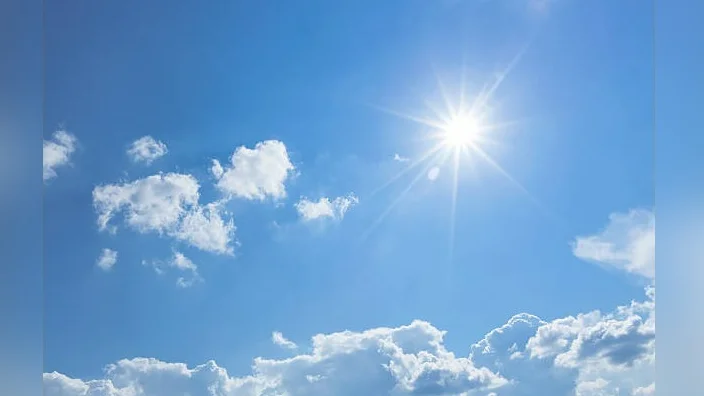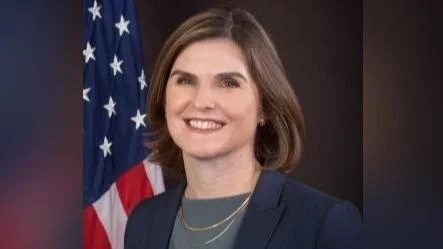America's immigration system is affecting nonordained religious workers, including Catholic sisters and brothers, as they face challenges with the EB-4 Employment-Based Fourth Preference Special Immigrant Religious Worker Visa. Although the program has been extended to September 30 following a resolution to prevent a federal shutdown, the quota limits were quickly hit due to a backlog. As a result, the program will remain unavailable until the new fiscal year starting October 1.
The EB-4 visa, which was initially set to expire three years after its introduction in the Immigration Act of 1990, has offered permanent residency to religious workers and has been periodically reauthorized since then. The U.S. bishops have repeatedly called for a permanent legislative extension of the EB-4 visa to aid religious organizations and allow for better planning. Miguel Naranjo from the Catholic Legal Immigration Network Inc. notes that religious workers have limited options beyond the five-year R-1 status, forcing them to exit the U.S. after their term.
The election of President Donald Trump has raised concerns regarding potential increases in visa processing times and entry restrictions. Naranjo highlights these worries, pointing out potential executive orders and travel bans affecting international religious workers.
J. Kevin Appleby from the Center for Migration Studies of New York believes congressional allies can aid in resolving the visa issues for religious workers. He remains optimistic, reflecting on the bipartisan support the program typically receives, which is essential for filling pastoral roles in dioceses.
David Spicer from the USCCB’s Migration and Refugee Services echoes these concerns, stating they may discourage dioceses from participating in the visa program despite the need for foreign religious workers. The USCCB hopes for a legislative solution soon.
A piece of bipartisan legislation known as the Religious Workforce Protection Act has been introduced by Catholic senators and representatives. If passed, it would allow religious workers on temporary R-1 visas, with pending EB-4 applications, to remain in the U.S. while awaiting permanent residency.
Spicer emphasizes Congress's role in addressing visa category alterations. He notes that the initial inclusion of diverse immigrant classes under the EB-4 category has complicated the program over decades. He expresses optimism about bipartisan support for revising the program to benefit American communities better.
Kimberley Heatherington provided this report for OSV News from Virginia.
 Alerts Sign-up
Alerts Sign-up






